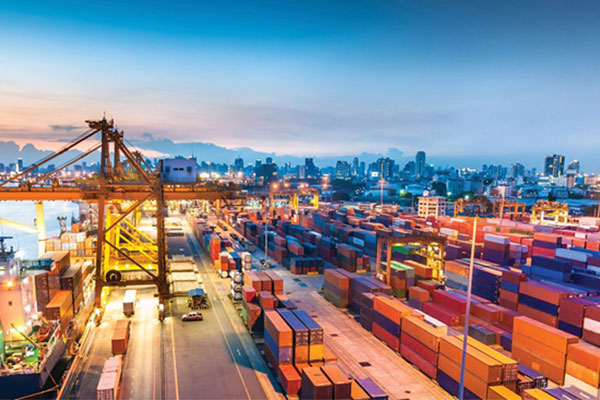As the Argentine government recently announced a series of favourable policies to ease import restrictions and boost the economic recovery, the South American great country’s importers and global exporters are facing new opportunities.On April 8, the Argentine Ministry of Economy lifted the strict “red channel” customs inspection obligations for a range of products, which mainly include textiles, footwear and electrical appliances.

In the past, the Red Canal, as the strictest customs inspection procedure, required all goods passing through this channel to stop clearing until a detailed inspection was completed. This not only led to high costs and serious delays in delivery for importing enterprises, but also seriously affected the supply chain efficiency of the market. However, according to the latest policy, 36% of import business will be removed from the Red Canal, which means that about 7% of national import business will be processed faster.
In addition to adjusting the customs inspection procedures, the government of Argentina has also implemented a new system of import payment. On December 13, 2023, the Central Bank of Argentina issued a provision cancelling the SIRA registration requirement for the previous export status of imported goods and for operational verification in the Unified Foreign Trade Settlement Account electronic system. The new provision allows banks to enter the foreign exchange market without the prior consent of the central bank, clarifying the payment schedule for different types of goods. This reform will further simplify the import process, reduce the operating costs of enterprises and help improve overall trade efficiency.
Particularly noteworthy, the Argentine government has also announced the opening up of imports of food and medicine in household necessities in response to the current high inflation situation. This decision not only helps stabilize market prices but also increases market supply and ensures that peoples basic needs are met. President Adoni noted that this is to competitive prices and in line with the World Trade Organizations international rules.
However, despite a series of measures taken by the government to stimulate economic growth and control inflation, Argentina still faces many challenges.The latest data from the Federation of Medium-sized Enterprises (CAME) in Argentina show that retail sales of small and medium-sized enterprises in Argentina fell by 25.5% in February 2024.
Overall, the latest policies of the Argentine government aim to boost economic growth by simplifying import processes, reducing regulatory burdens and reducing import costs. The implementation of these policies could have positive effects in the short term, especially for those industries that depend on imports. However, for foreign trade companies exporting to Argentina, there is still a need to pay attention to the market dynamics that these policy changes may bring, and their impact on future business decisions. In addition, the government needs to continue to pay attention to internal economic structural adjustments and market demand recovery to ensure long-term economic stability and growth.


 Follow customer service WeChat
Follow customer service WeChat